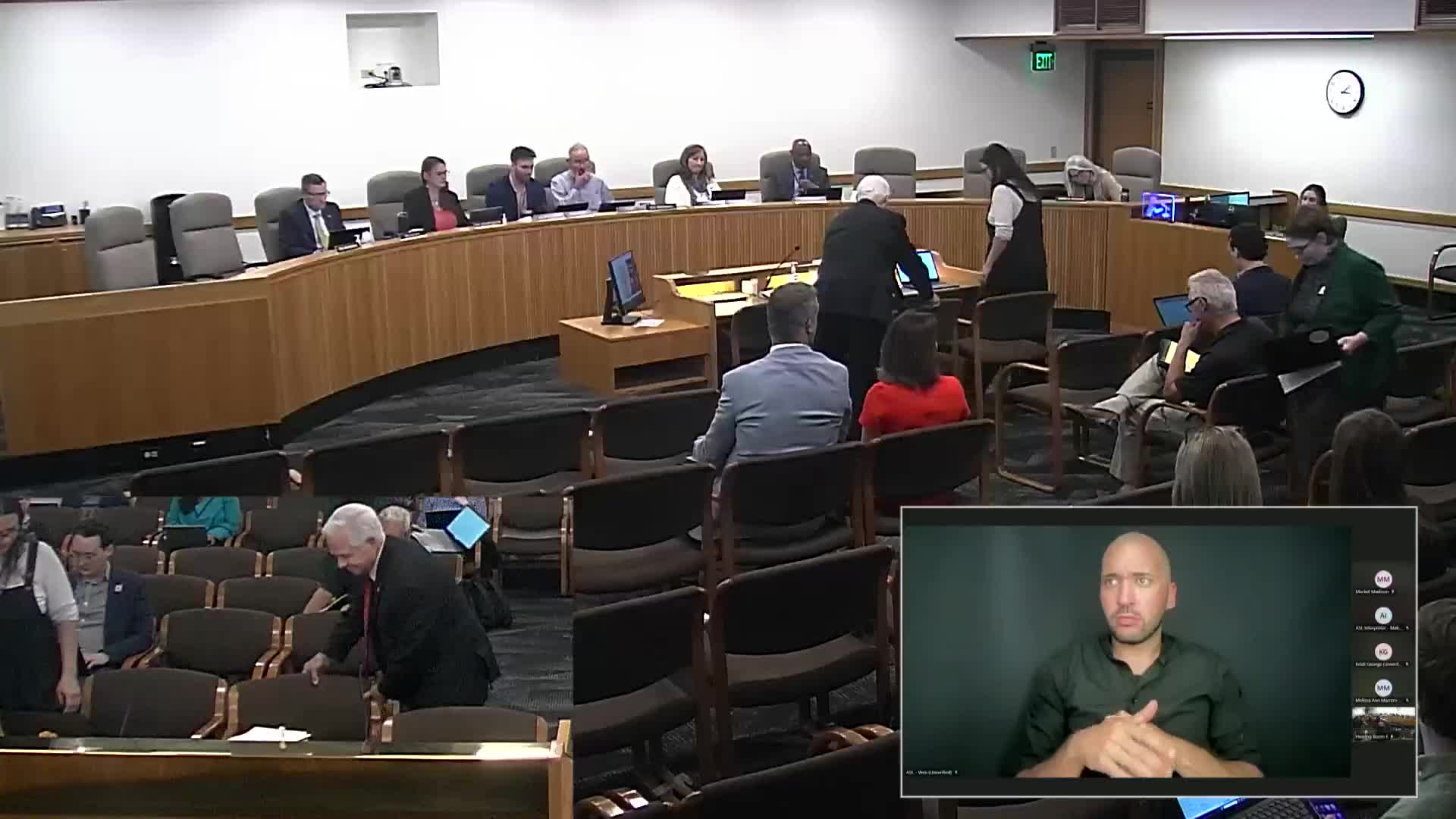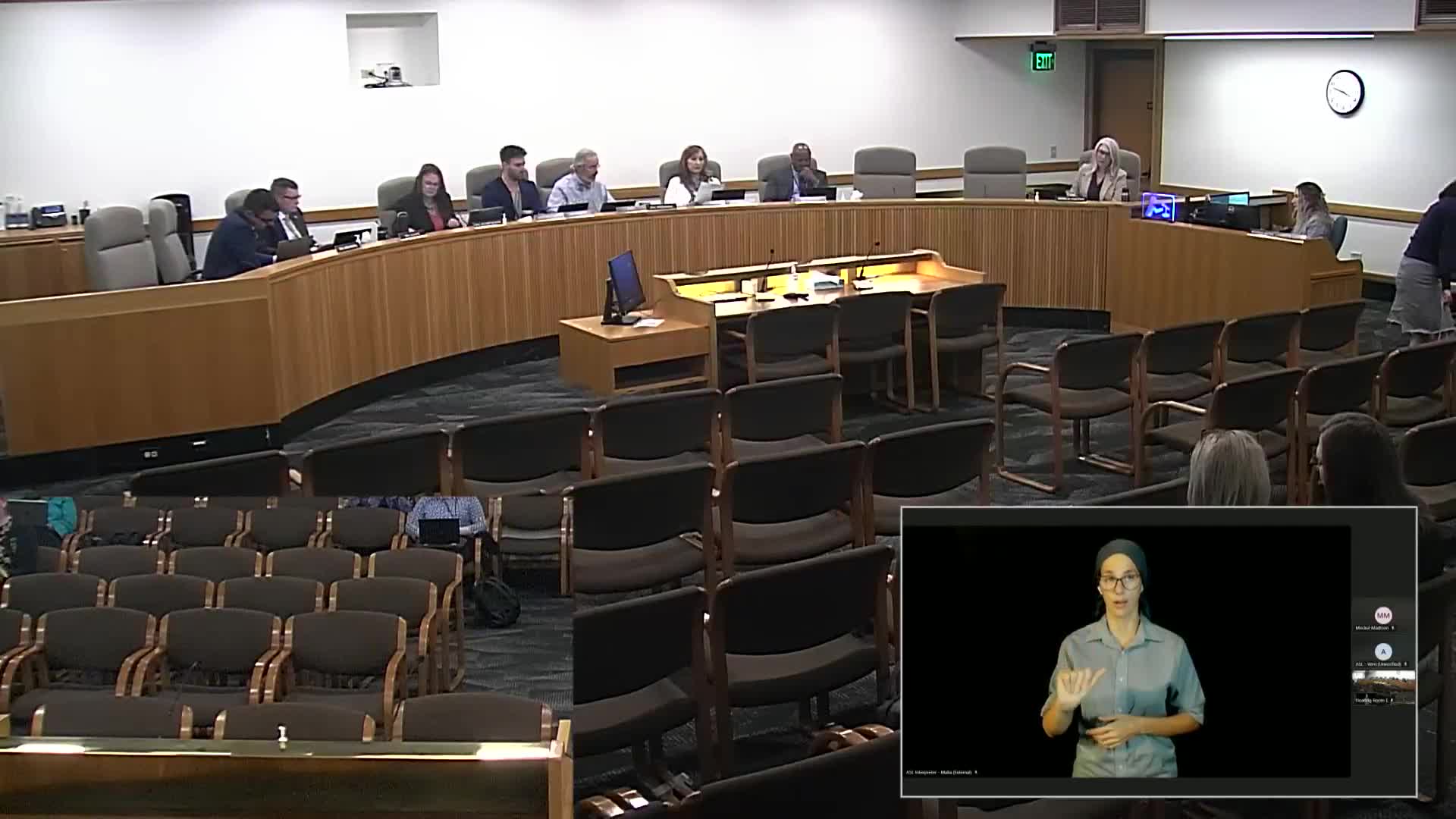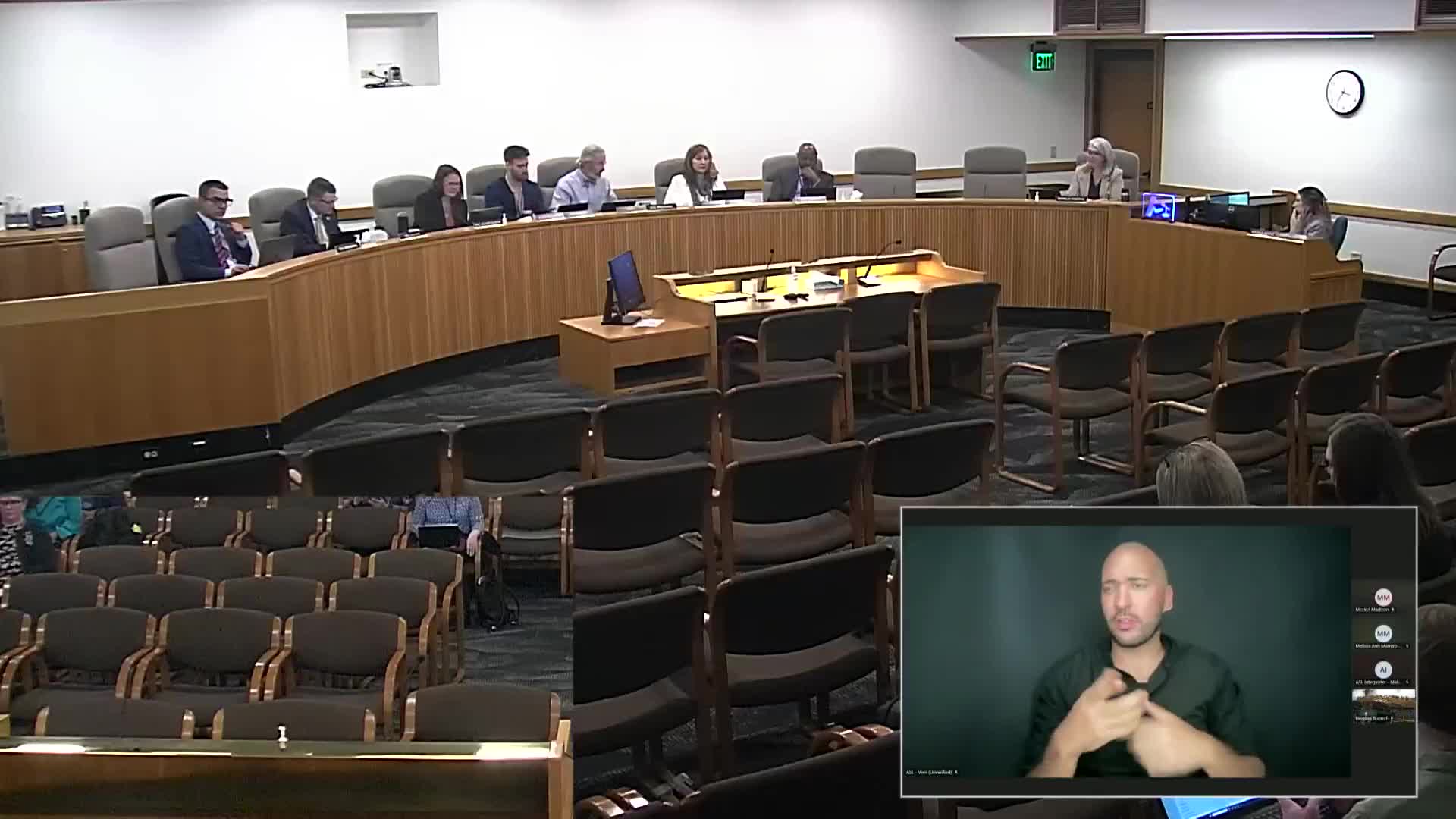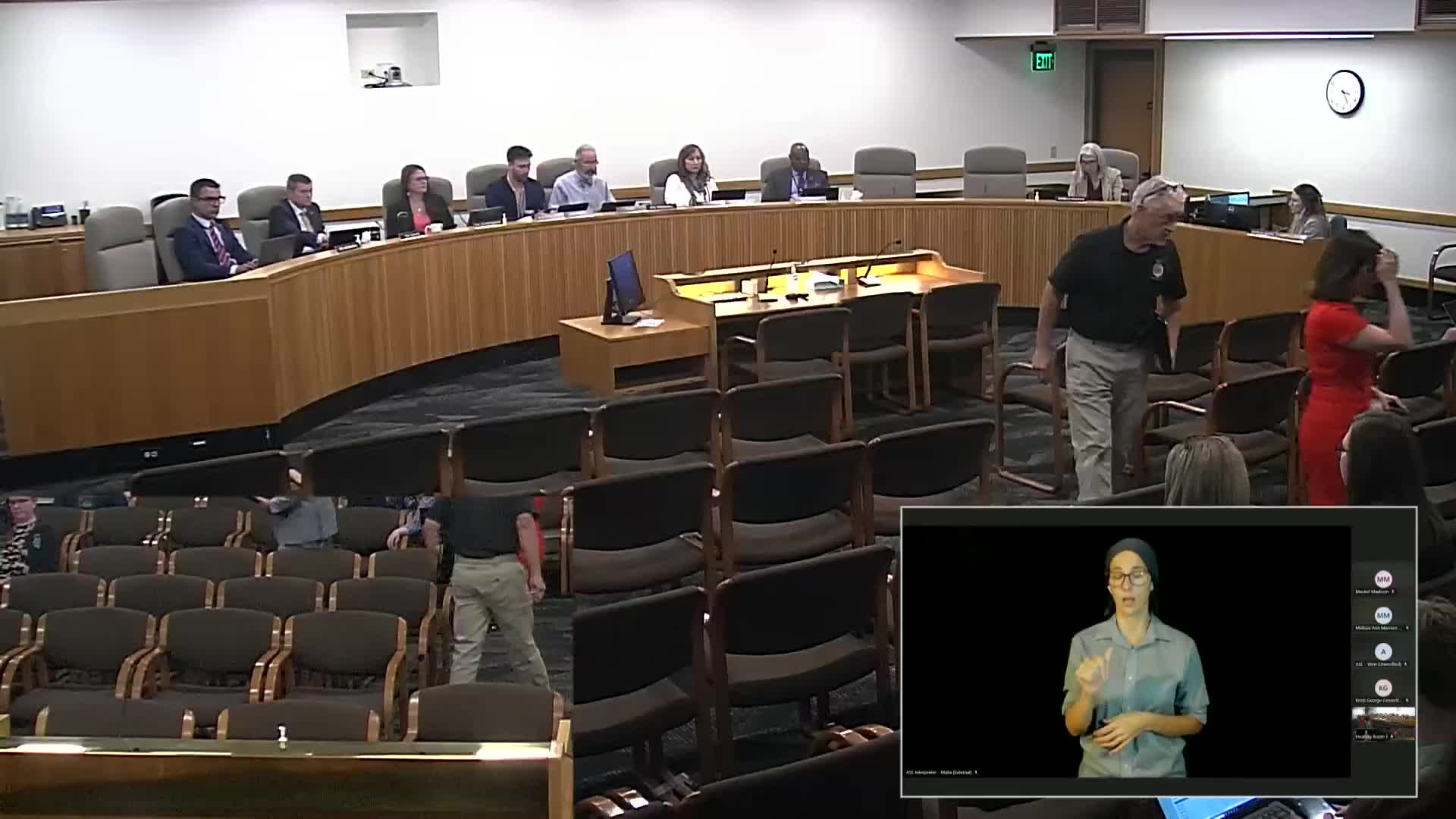Article not found
This article is no longer available. But don't worry—we've gathered other articles that discuss the same topic.

Committee hears bill to cover realistic AI ‘deepfake’ intimate images under Oregon’s intimate-image law

Judiciary committee advances three measures — due-pass for security-certification bill, amendment and due-pass for small-claims changes, referral of ticketing-b

Senate committee hears 'catnapping' bill to set stray-hold rules and legal immunity for shelters

